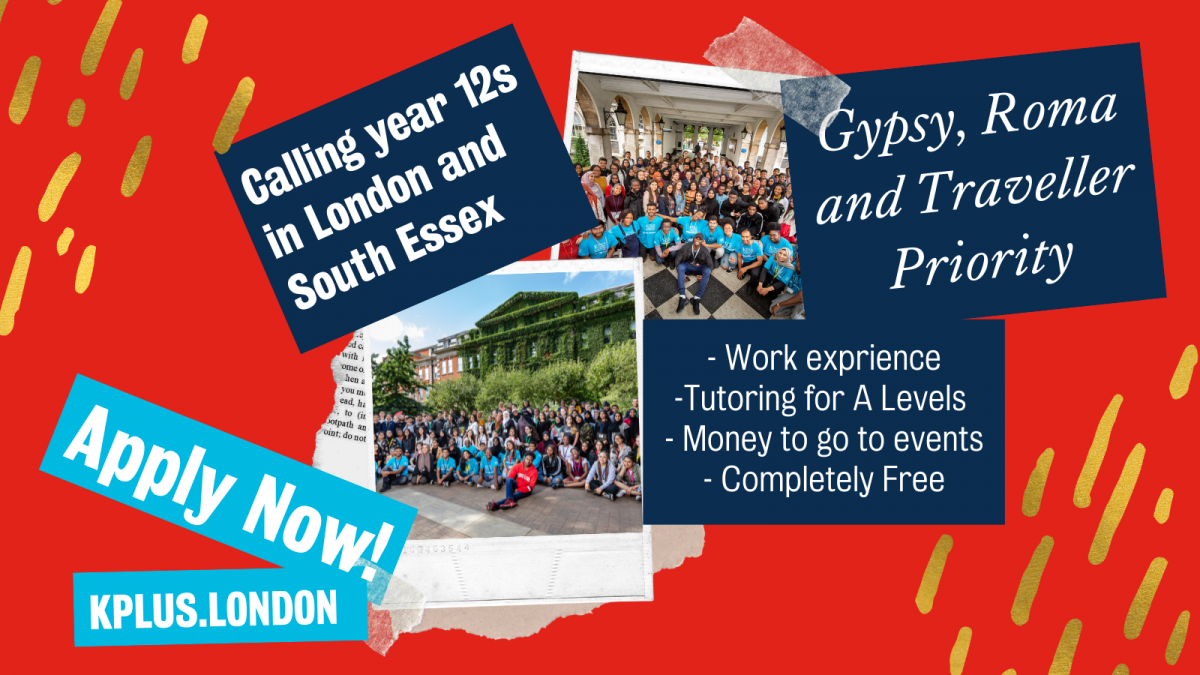The Think Tank Higher Education Policy Institute, has published a new report on access to education among Gypsies, Roma and Travellers (Gypsy, Roma and Traveller) authored by Policy Manager Dr.Laura Bressington.
Laura will join our next Education Support Network meeting on Wednesday, 30th November at 2pm online.
Gypsies, Roma and Travellers: The ethnic minorities most excluded from UK education is an informative report that looks carefully at definitions and draws attention to the dangers of homogenisation – focussing sharply on the need for careful data collection and handling. In her own use of data she demonstrates that these communities are hugely underrepresented in Higher Education.
Evidence
- Gypsy, Roma and Travellers of Irish heritage have the widest attainment gap in measures of pupils achieving a good level of development in early years education;
- Gypsy, Roma and Traveller pupils have some of the lowest rates of attendance and the highest rates of permanent exclusion from schools;
- in 2020/21, 9.1% of Gypsy / Roma pupils and 21.1% of Irish Traveller pupils achieved a grade 5 or above in GCSE English and Mathematics, compared to a national average in England of 51.9%;
- young people from Gypsy / Roma and Irish Traveller communities are the least likely ethnic groupings to enter higher education by the age of 19 – just 6.3% of Gypsy / Roma and 3.8% of Irish Travellers access higher education by the age of 19 compared to around 40% of all young people;
- Gypsy and Irish Travellers are the UK’s ‘least liked’ group, with 44.6% of people holding negative views against them – 18.7 percentage points higher than Muslims; and
- Irish Travellers face a ‘mental health crisis’, with one-in-10 deaths caused by suicide.
Recommendations
For Government
- Improved Data Collection. The current lack of information means that the full scale of the problem remains invisible.
- Funding. The small scale project local project funding available at the time of writing is inadequate to the scale of the problem which is a national one.
For Higher Education
- Access and Participation Plans such as the Higher Education Pledge which create a welcoming environment are to be welcomed
- There is a need to include the history and culture of the various Travelling groups in the curriculum. Including works by members of the communities and including relevant data can improve understanding of the different Gypsy Roma and Traveller communities

